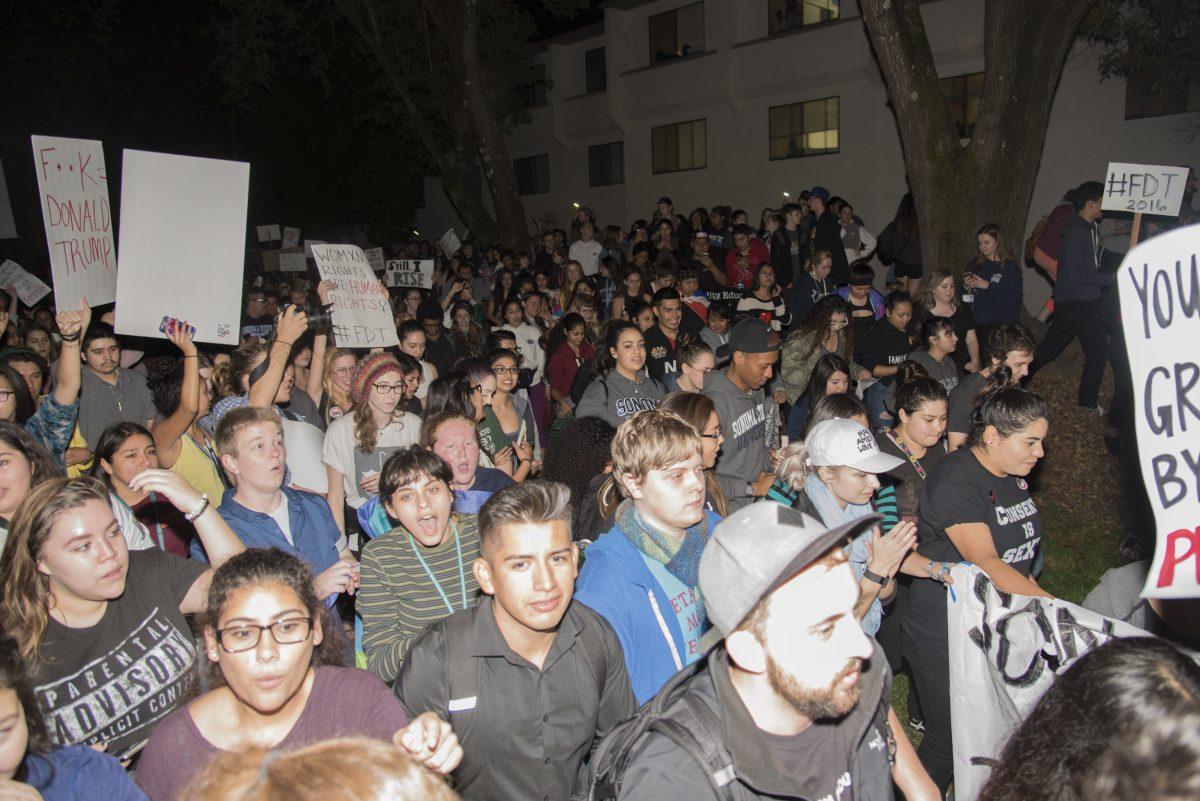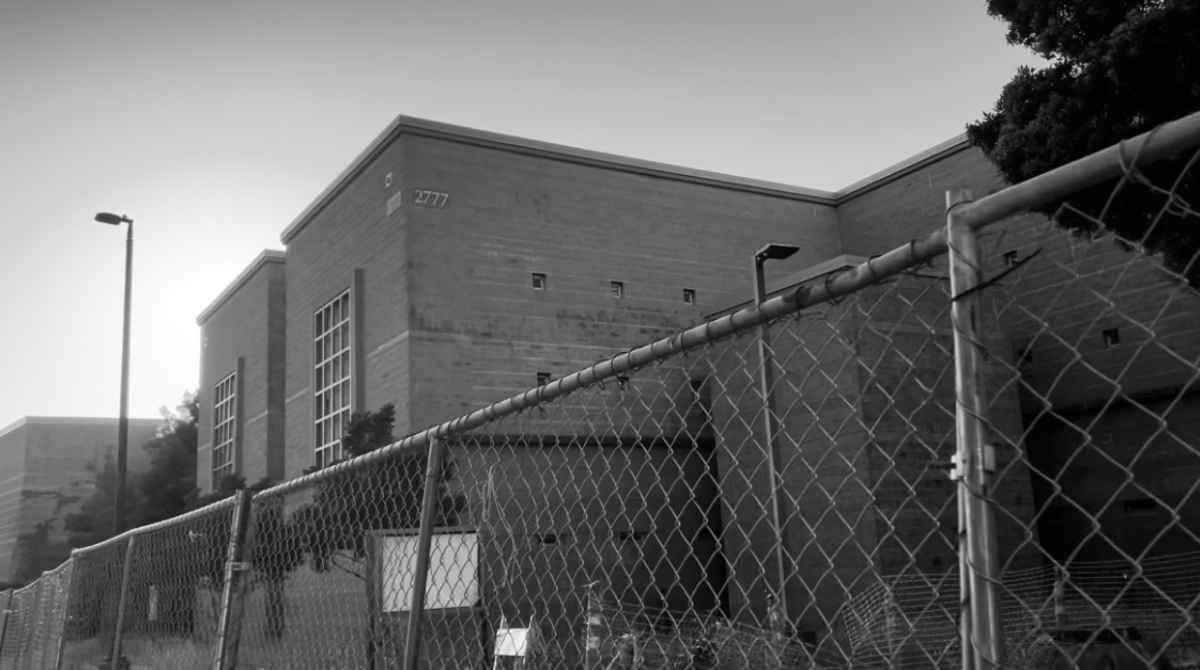“There are always risks in taking action, but there are also risks with inaction,” said Secretary of Defense Chuck Hagel to the House Committee of Foreign Affairs on Sept. 4. The subject of discussion was the role the U.S. would play in Syria, after fighting reached a critical point on Aug. 21, when President Bashar al-Asaad used chemical weapons to kill hundreds of civilians.
Living in areas believed to be controlled by Syrian rebels, the deceased men, women, and children are just some of the 80,000 estimated killed in the Syrian civil war since 2011, according to the United Nations. The difference here, however, is the use of sarin gas, a deadly nerve agent banned alongside other chemical weapons in 1997 with the creation of the Chemical Weapons Convention, which 189 nations abide by.
After this red line was crossed, President Barack Obama addressed the nation. In his speech on Sept. 10, the president explained why he believes it is necessary to use missile strikes against Asaad if diplomatic efforts fail.
“If we fail to act, the Assad regime will see no reason to stop using chemical weapons,” said Obama, pointing out the potential dangers of inaction. “As the ban against these weapons erodes, other tyrants will have no reason to think twice about acquiring poison gas, and using them.”
Senator John McCain, who ran against Obama in the 2008 presidential election, believes the president is not acting enough.
“The president apparently wants to have a kind of a cosmetic strike, launch a few missiles and then say ‘Well, we responded.’ This is the same president that, two years ago, said Bashar Assad had to go,” McCain said during an interview with Jay Leno on “The Tonight Show”.
While the president expressed his willingness to take military action if necessary, he remained committed to finding a diplomatic solution.
“I have, therefore, asked the leaders of Congress to postpone a vote to authorize the use of force while we pursue this diplomatic path,” said President Obama during his speech. “I’m sending Secretary of State John Kerry to meet his Russian counterpart on Thursday, and I will continue my own discussions with President Putin.”
While the Congressional vote to allow military action in Syria was postponed, a diplomatic solution was achieved. On Sept. 14, The U.S. and Syria’s ally, Russia, agreed to work towards destroying Syria’s chemical weapons.
Many remain critical of how Obama handled the situation, especially Senators John McCain and Lindsey Graham.
“What concerns us most is that our friends and enemies will take the same lessons from this agreement – they see it as an act of provocative weakness on America’s part,” said the Senators in a joint statement released on Sept. 14. “We cannot imagine a worse signal to send to Iran as it continues its push for a nuclear weapon.”
Politicians weren’t the only ones concerned about the complex situation. With the general public wary of the possibility of getting involved in another war in the Middle East, the Obama Administration acted carefully in its decision to seek diplomatic solutions with Syria.
According to a poll done by NBC, only 42 percent of Americans favor U.S. military action in Syria, while 50 percent are against any military involvement at all. Other polls showed less support. A recent poll done by CNN shows only 39 percent in favor of military action even with the support of Congress.
Here at Sonoma State University, the opinion of students might be more one sided.
According to a recent poll featuring 41 students, 80 percent thought the U.S. should refrain from involvement with Syria.
Merely five percent thought that the U.S. should deploy missile strikes, with about 15 percent remaining undecided.

































